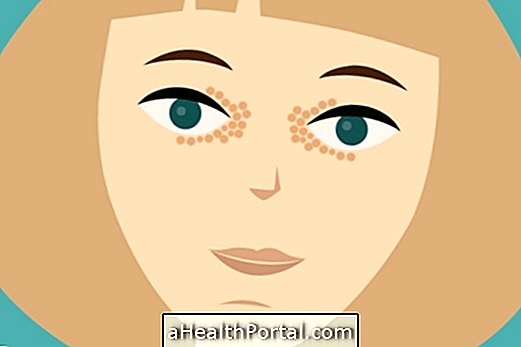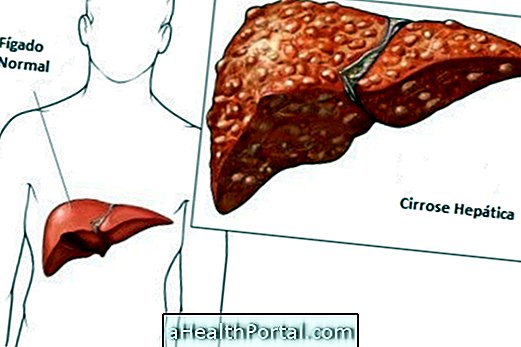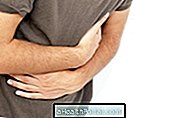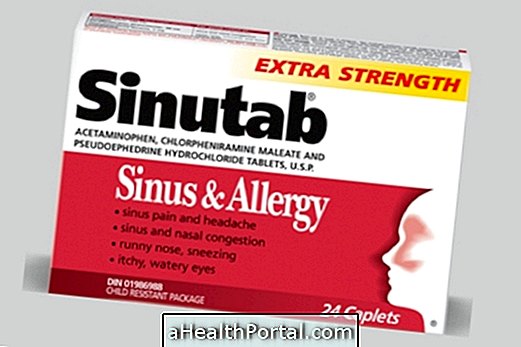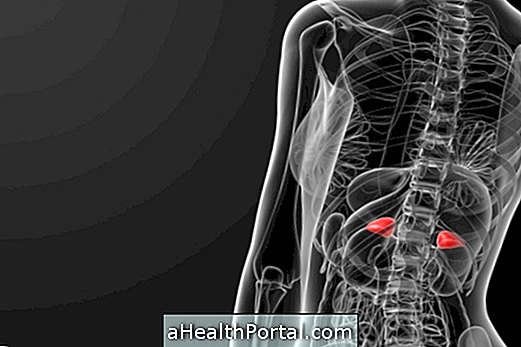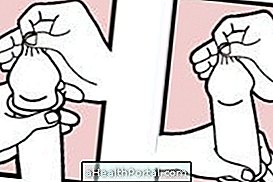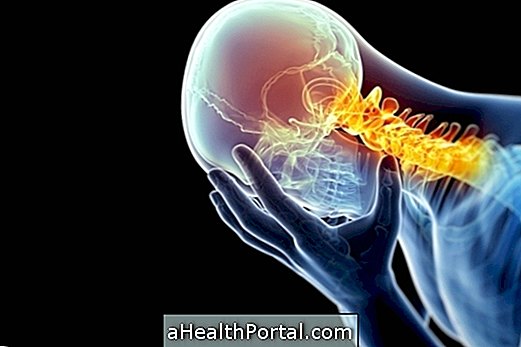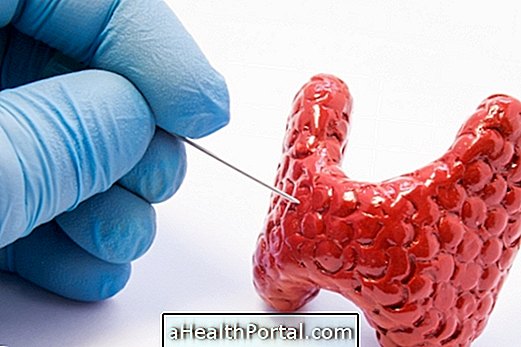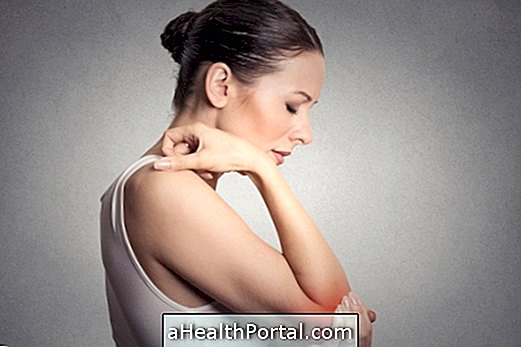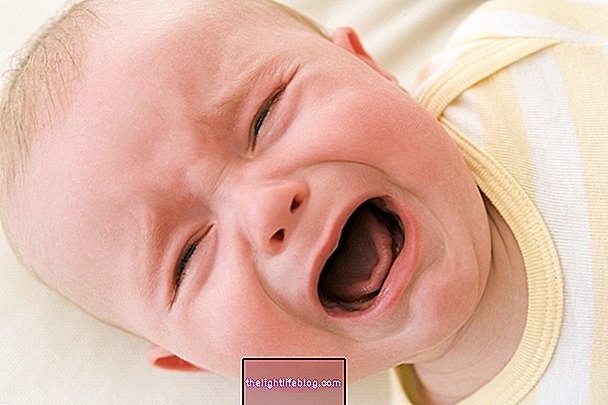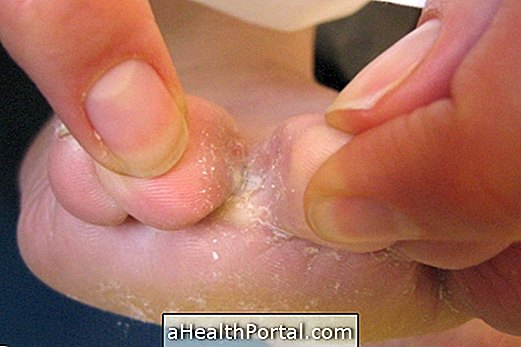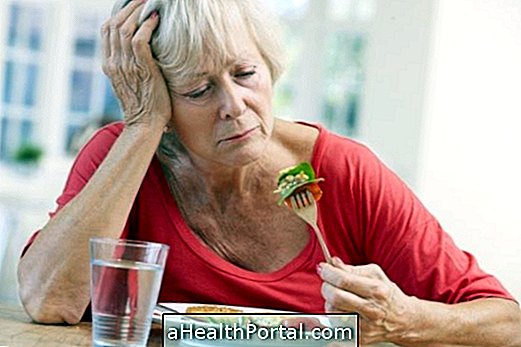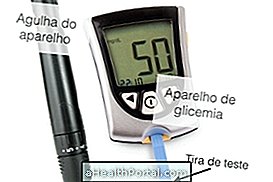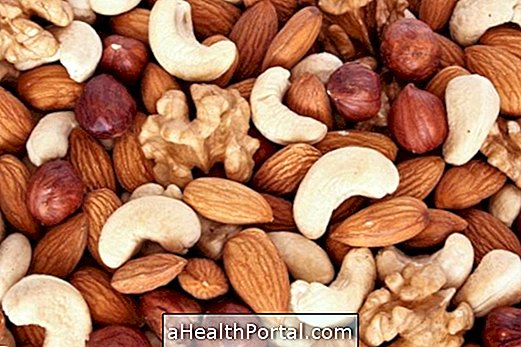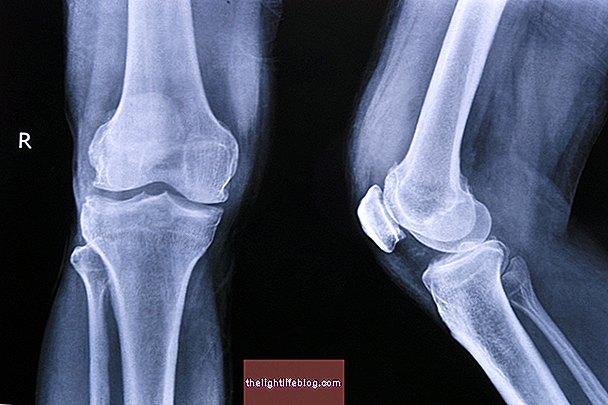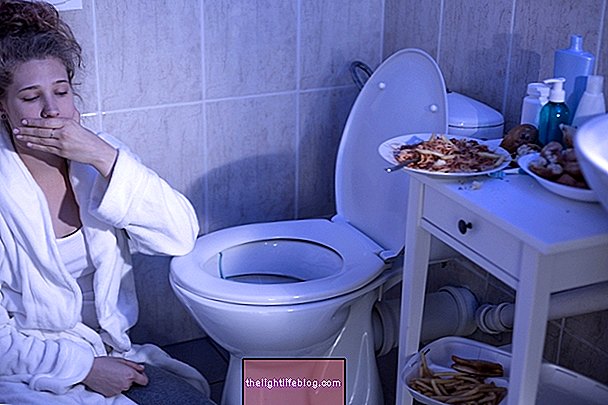Pain on bowel movements is usually related to changes in the anal area, such as hemorrhoids or fissures, but it can also happen by stool variations, especially when they are very hard and dry.
So if this type of pain arises in a person with constipation, it usually happens because the stools are very hard and so can cause injuries while passing in the anus. However, if a change in the anus is suspected, it is important to go to a general practitioner or a proctologist to identify the diagnosis and begin the correct treatment.
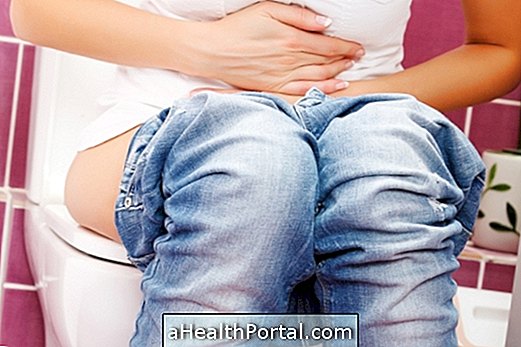
1. Hemorrhoids
Hemorrhoids are one of the main causes of pain when evacuating, and usually, apart from pain, they also cause bleeding and blood can appear on the toilet paper or even in the toilet. Hemorrhoids are similar to a varicose vein, because it is a dilated vein that appears in the anus, especially in those who have constipation, as they may arise from increased pressure when attempting to evacuate.
Most of the time, hemorrhoids do not cause any other symptoms, but there are cases where the person may still feel itching in the anal area and discomfort during the day. In case the hemorrhoid appears in the external region of the anus, it may still be possible to feel a slight swelling in the region.
- What to do : Ideally consult a proctologist to confirm the presence of hemorrhoids and initiate appropriate treatment, which is usually done with ointments such as Proctosan or Proctyl, for example. See other examples of ointments for these cases.
2. Constipation
In case of people with constipation, the pain when evacuating is very frequent, not only because they need to make more force, but because the stool are very hard and can end up injuring the anal area when they leave, causing small wounds. For this reason, it is also common the appearance of small blood spots on the toilet paper, which appear by the bleeding of these wounds.
- What to do : The best way to fight constipation is to make a high-fiber diet, get regular exercise and drink at least 2 liters of water per day. However, when these measures do not work, it may be necessary to make a laxative prescribed by a doctor, for example, to soften the stool and allow it to pass through. See more on fighting constipation and evacuating without pain.
3. Anal fissure
The anal fissure is a small wound that can arise in the anal region, happening when there is a trauma in the region, like when cleaning the excess anus or when you have very hard stools, that end up causing a small wound, for example.
Although the fissure can cause a burning sensation during the day, the pain is usually stronger when evacuating due to the passage of stool. Because it is a wound, there is a greater risk of infection, which can end up causing swelling of the region and very intense pain throughout the day.
- What to do : The fissure usually heals naturally and, therefore, treatment may not be necessary. However, as you are at higher risk of infection, it is advisable to maintain proper intimate hygiene. Therefore, whenever possible, after evacuating it is very important to wash the region with plenty of water. See also how to make a seat bath to relieve discomfort.

4. Anal Abscess
The anal abscess consists of the accumulation of pus under the skin, near the region of the anus. This abscess usually happens due to the obstruction of the glands that are around the anal region and although it can cause enough discomfort and pain, it is easy to treat with a minor surgery.
The abscess is characterized by the development of a swelling that increases over time and can become red and very sore. At first, the symptoms can be very mild and intensify when you evacuate, but it is common for pain to worsen, affecting everyday tasks such as sitting.
- What to do : The only treatment of the abscess is to have a small surgery to drain the pus that is inside. Thus, if there is a suspicion of abscess, it is advisable to consult a proctologist to confirm the diagnosis and to mark the surgery. Understand the symptoms that indicate anal abscess and how the treatment is done.
5. Intestinal Endometriosis
When the pain in the evacuation arises during the menstruation or is very intense during this period, it can be a sign of endometriosis in the intestine. Endometriosis consists of tissue growth similar to that of the walls of the uterus, but elsewhere in the body. Normally, this type of tissue becomes inflamed during menstruation by the hormones and therefore if it is in the intestine, it can cause intense abdominal pain during the menstruation, that can get worse when evacuating.
In these cases, in addition to the pain can also arise constipation, strong colic and bleeding in the stool, for example. Check for other signs that may indicate that the pain when you are evacuating is endometriosis.
- What to do : Endometriosis is usually treated with the use of a contraceptive pill, to regulate hormone levels and to decrease inflammation of the tissue that is inside the intestine. However, in more severe cases, surgery may be necessary to remove the tissue. Learn more about intestinal endometriosis and how it is treated.
When to go to the doctor
In most cases, pain on bowel movement is not a sign of a serious problem, but it is always advisable to consult a proctologist to begin the most appropriate treatment, especially if symptoms such as:
- Fever above 38º C;
- Excessive bleeding when evacuating;
- Severe pain that prevents sitting or walking;
- Excessive redness or swelling of the region.
Although it is rare, some types of cancer, such as cancer of the rectum or prostate, can also cause pain on bowel movements, so it is always important to consult with a doctor to get rid of these more serious problems.
